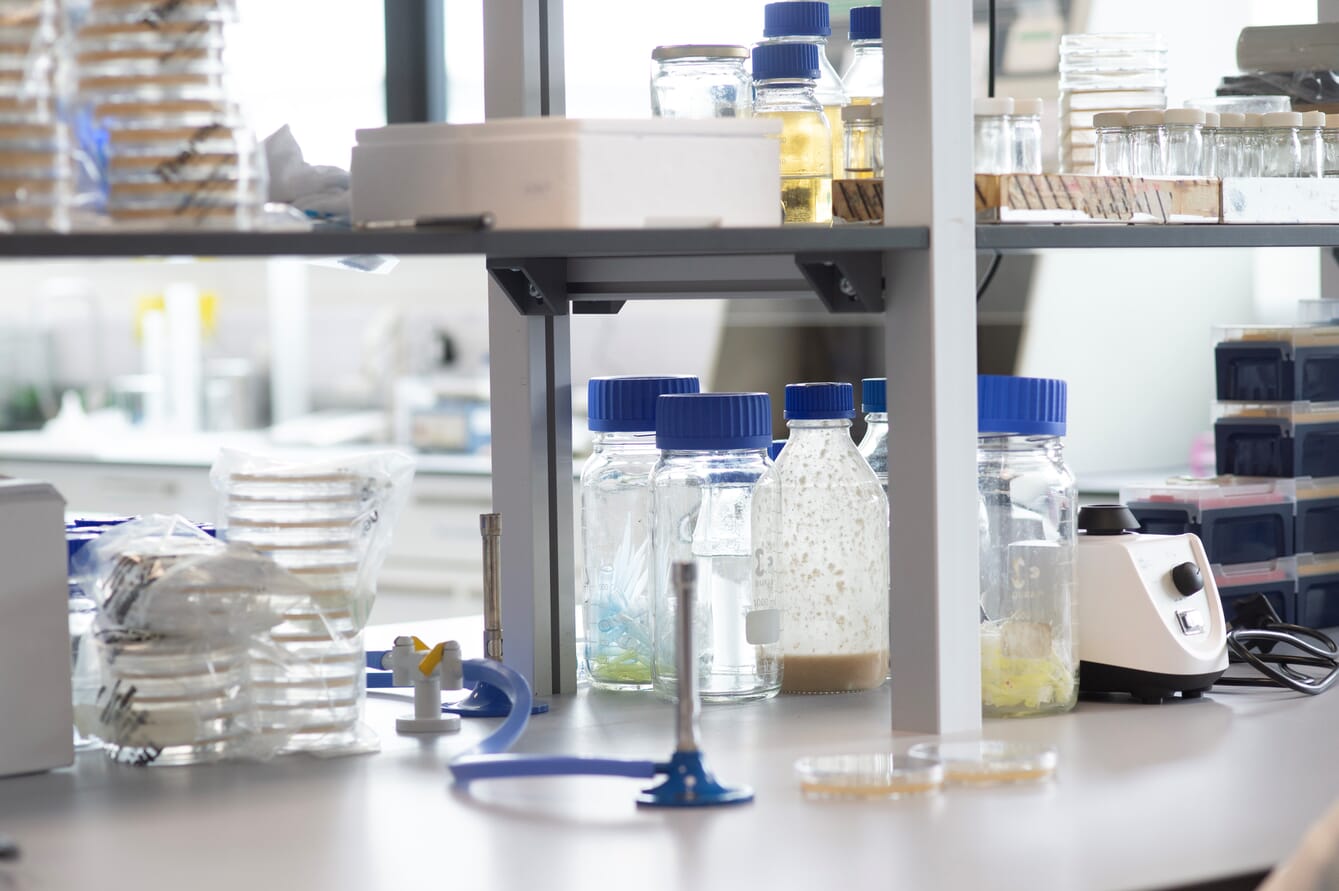
The university also offers masters degree programmes in Biomedical Science, Medical Biotechnology and Wildlife Biology & Conservation © Edinburgh Napier University
A new partnership between Edinburgh Napier University (ENU) and Scottish-American biotechnology company AlgiSys will aim to harness the environmental potential of algae to address global pressures on food supply.
AlgiSys’ innovative technology uses biomass fermentation of microalgae to create a clean, vegan source of EPA rich omega-3s and plant protein. Omega-3s are commonly found in fish oil and have widespread health benefits for humans, animals and fish.
The company is partnering with ENU to continue its work in Scotland to produce a healthier and more environmentally sustainable feed ingredients for salmon – the UK’s biggest food export – and the wider aquaculture industry. This comes at a time when there is growing demand for sustainable alternatives to traditional fish-based feeds.
A newly signed Memorandum of Understanding agreed between AlgiSys and ENU will allow expert researchers at the University to test the potential uses and look at scaling opportunities for algae-based products.
The MoU signals the beginning of what is hoped will become a long-term partnership, which initially includes the arrival of researchers based at an ENU research and development laboratory. Amid the climate crisis and widespread overfishing, the team’s findings will aim to meet demand for fish oil and fishmeal substitutes across different markets.
“This partnership has been a long time in the making and it we are pleased to make it official. The need for a sustainable source of omega-3 and plant protein products has never been greater, so our work with AlgiSys has huge potential to overcome significant food supply challenges. While the immediate focus is on aquaculture, a major industry in Scotland, we believe their technology could have applications as a replacement for ingredients in pet food, human food supplements and pharmaceuticals,” said Professor Nick Wheelhouse, director of ENU’s Centre for Biomedicine and Global Health, in a press release.
This work builds on Edinburgh Napier’s track record of using research to enhance innovation in life sciences to solve real world challenges. Its Centre for Biomedicine and Global Health brings together experts to tackle human health challenges, while the Centre for Conservation and Restoration Science is committed to delivering innovative solutions to conserve, rebuild and enhance biodiversity and ecosystems.
“AlgiSys is pleased to partner with Edinburgh Napier University. We see a great alignment between AlgiSys’ technology and ENU’s resources, capabilities and commitment to sustainability," said Eve Bird, AlgiSys director of research and innovation.
Meanwhile, ENU’s Innovation Hub has numerous examples of applying research expertise to develop businesses across a wide range of fields.




